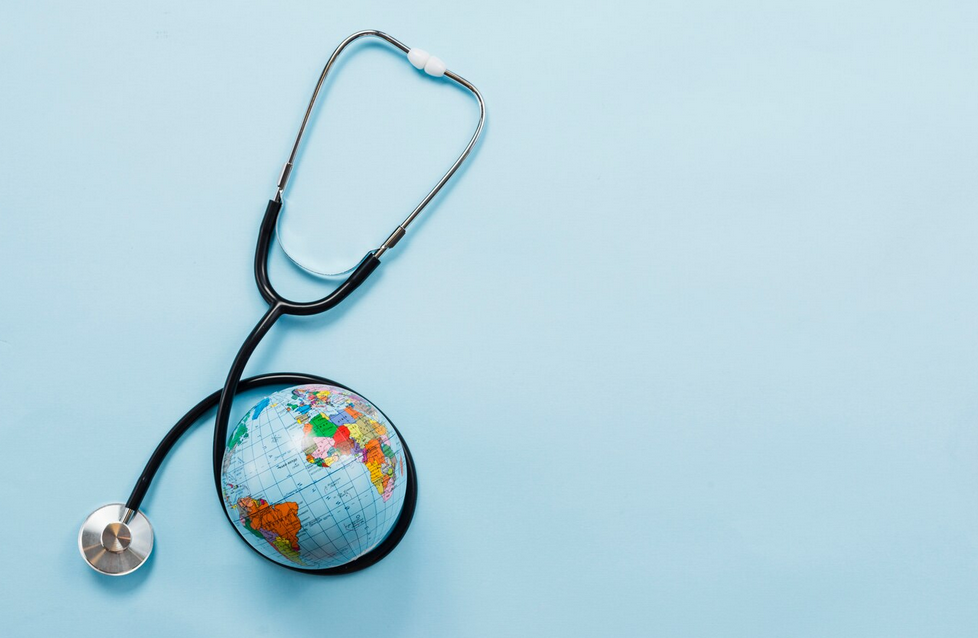Have you ever imagined combining a vacation with a healthcare need?
That’s what medical tourism is all about. People across the globe are traveling far and wide, not just for leisure, but for health purposes. Among several nations, Thailand and Turkey are leading this trend. Keep reading to discover more about the fascinating world of medical tourism.
The Emergence of Medical Tourism
Contents
- 1 The Emergence of Medical Tourism
- 2 Reasons behind the Popularity of Medical Tourism
- 3 Delve into the World of Medical Tourism in Thailand
- 4 Discover Medical Tourism Adventures in Turkey
- 5 Thailand vs. Turkey – A Medical Tourism Comparison
- 6 Potential Challenges in Medical Tourism
- 7 Role of Government and Private Sector
- 8 Impact on Local Economies in Thailand
- 9 Impact on Local Economies in Turkey
- 10 The Future of Medical Tourism in Thailand and Turkey
- 11 Words of Wisdom for prospective Medical Tourists
Medical tourism isn’t some recent fad. It’s an age-old practice tracing as far back when people explored healing springs. Now, it’s not just about springs or spas; it’s about sophisticated healthcare facilities, advanced surgeries, post-surgery care and more.

Reasons behind the Popularity of Medical Tourism
Medical tourism’s allure lies in its affordability and quality. For those suffocated by high healthcare expenses or substandard facilities in their home country, the prospect of finding affordable and high-quality medical care elsewhere, like Thailand, is quite attractive.
Delve into the World of Medical Tourism in Thailand
Ever heard the phrase ‘Bangkok – a Mecca for medical tourism.’ That’s absolutely true! With prices that’ll make your jaw drop and quality to match, healthcare in Thailand brings your surgical requirements within reach. From ultra-modern hospitals to world-renowned doctors – they’ve got it all and at rates you can afford.
Discover Medical Tourism Adventures in Turkey
Turkey – medical tourism’s shining star, is luring patrons from all corners of the world with its exceptional healthcare services intertwined with vibrant cultural treasures. It’s not just the rich history here, but the medical expertise that’s casting this magical health and care spell on global patients.
Thailand vs. Turkey – A Medical Tourism Comparison
Think affordable surgeries, think Thailand. Fancy cutting edge medical expertise, Turkey is where your search ends! But there’s more they both share – a high degree of patient satisfaction. The leaps and bounds these nations have achieved in healthcare make them go-to favorites for medical travelers. The common thread is a fusion of top-grade healthcare with warm, empathetic care.
Potential Challenges in Medical Tourism
It’s not a bed of roses, though. Issues can include travel related complications post-surgery, limited options for legal action in case of malpractice, and post-operative care difficulties. Another common hurdle is the language barrier.
Role of Government and Private Sector
The rise of medical tourism benefits from the proactive role of governments and private sectors. Government policies and private sector initiatives have supersized the growth of medical tourism in Thailand and Turkey.
Impact on Local Economies in Thailand
Consider the case of Thailand, often recognized as one of the global hubs for medical tourism. Affordable surgical procedures in Thailand, attracting patients from across the globe, contribute considerably towards invigorating the nation’s economy. It is reported that Thailand’s medical tourism industry generates an annual estimate of 100 billion Baht, accounting for approximately 0.4% of Thailand’s GDP. It raises employment levels, boosts ancillary services such as hospitality and transportation, and increases government revenues through taxation.

Impact on Local Economies in Turkey
Turkey exhibits a similar scenario, where this type of tourism is a significant contributor to the nation’s economic health. Thousands of medical tourists, enticed by the country’s cutting-edge technology and affordable cost options, drive multimillion-dollar revenues each year. According to data from the Turkish Ministry of Health, the nation served more than 700,000 international patients in 2017, aggregating over $1.2 billion revenues.
The beneficial outcomes of medical tourism are pronounced for both the medical tourists and the host nations. For the tourist, affordability, accessibility, and high-quality care are the key drivers; for the host nations, it paves the path for economic prosperity and growth.
The Future of Medical Tourism in Thailand and Turkey
Examining the prospect of growth in Thailand’s medical tourism sector, it’s evident that the affordability of surgical procedures continues to act as a significant catalyst. However, beyond attracting foreign patients with convenient cost structures, Thailand is investing in medical education and healthcare infrastructure to ensure a sustainable growth path.
Similarly, Turkey’s prudent investments in advanced healthcare technology and highly skilled medical professionals position it as an attractive destination for medical tourists. Nonetheless, reliance on individual insights such as ‘Turkey’s medical expertise’ must be weighed realistically against the overall global healthcare landscape.
The opportunities are profound, but so are the challenges. Competition from global healthcare heavyweights, adherence to international safety protocols, and the precarious balancing act of managing domestic healthcare needs against a booming medical tourism sector are just a few.
Words of Wisdom for prospective Medical Tourists
If you’re planning to become a medical tourist, do your homework. Scrutinize costs, practitioner credentials, hospital reputation, as well as location-specific pros and cons. Thailand is ideal for those on a tight budget, while Turkey could be an optimal choice for specialized procedures.

The world of tourism in Thailand and Turkey brims with opportunity. Their unique blend of affordable, high-quality care aligned with remarkable cultural experiences has put them on the global map. Nonetheless, make informed decisions and stay aware of the potential risks to make your medical journey a success.

